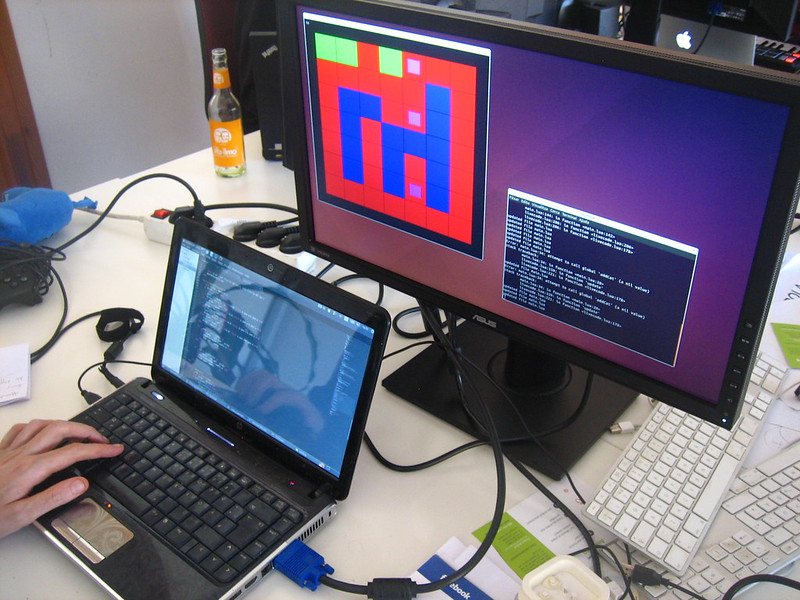"For the people affected at this time of the year, it is a crisis."

The union representing workers in the gaming industry has seen more members than ever join in October, as hundreds of workers face redundancies before Christmas.
Membership tripled in one month compared to the two months’ prior at the Game Workers branch of the Independent Workers Union of Great Britain (IWGB), the largest union for game developers working in the UK.
More employees are seeking union recognition in the context of unprecedented redundancies in the industry. In late September and early October, five big gaming companies announced lay-offs that will result in hundreds of workers in the UK being laid off before Christmas.
UK-based games development studio Mediatonic is one example, after a mass lay-off at Epic Games (creator of Fortnite), who brought out Mediatonic, put 900 jobs at risk, 110 in the UK.
Labelled a crisis in the US, where layoffs have been brutal, IWGB organiser Andy Nesbitt said they were seeing a significant change in the industry, particularly tough for the individuals left unemployed this Christmas.
“500 laid off in two to three weeks is a significant amount, I don’t remember that happening at any point in the last couple of years,” said Andy.
“It’s definitely a change in the industry. For the people affected at this time of the year, it is a crisis.
“There’s people who have uprooted their lives to come work for a company and then six months down the line get told they’re being laid off. So there’s a lot of individual crisis within it.”
Andy said October saw the most game developers (devs) that had ever joined the union, which was set up in 2018 in a sector with low union representation, owing to its younger demographic of workers and relatively recent creation.
“Game devs are pretty vocal about the industry because they’re not just working in it but they tend to play a lot of games and they tend to know people who work in different companies as well,” commented Andy.
“So when they see mistreatment in the industry they’re pretty quick to call it out, then recommend our union as a result of that as well.”
One of the issues affecting workers in the sector is that it can be difficult to get into in the first place, with a lack of junior roles and jobs requiring a high level of experience.
Once in, the nature of the industry means game devs move jobs regularly and therefore don’t usually stay for the two years you need under employment law to receive redundancy rights, so in the UK, there’s not much cost in laying people off Andy explained.
Some reasons behind the redundancies include a massive growth in the gaming market during the COVID pandemic, and subsequent over hiring in this period, as well as inflation and increasing interest rates. Also what Andy calls “questionable decisions by senior management”, and individual reasons.
Globally, 7,000 game devs have been laid off so far this year. Andy believes there could also be an element of companies seeing others doing it and copying. While he finds it hard to believe the argument that the companies need to enforce layoffs for financial reasons, pointing out that the CEO of Epic Games, Tim Sweeney, is worth over $4 billion.
There is also the wider context of the tech industry which has seen investors telling companies to reduce staff count and expenditure, for example at Apple, Google and Microsoft, which Andy said had seen a knock-on effect in gaming.
The union has been working to facilitate open meetings for game devs to learn more about their employment rights, especially when it comes to layoffs. Whilst Andy wants to see stronger regulations to help workers unionise in the industry.
(Image credit: Creative Commons / qubodup)
Hannah Davenport is news reporter at Left Foot Forward, focusing on trade unions and environmental issues
To reach hundreds of thousands of new readers and to make the biggest impact we can in the next general election, we need to grow our donor base substantially.
That's why in 2024, we are seeking to generate 150 additional regular donors to support Left Foot Forward's work.
We still need another 124 people to donate to hit the target. You can help. Donate today.



